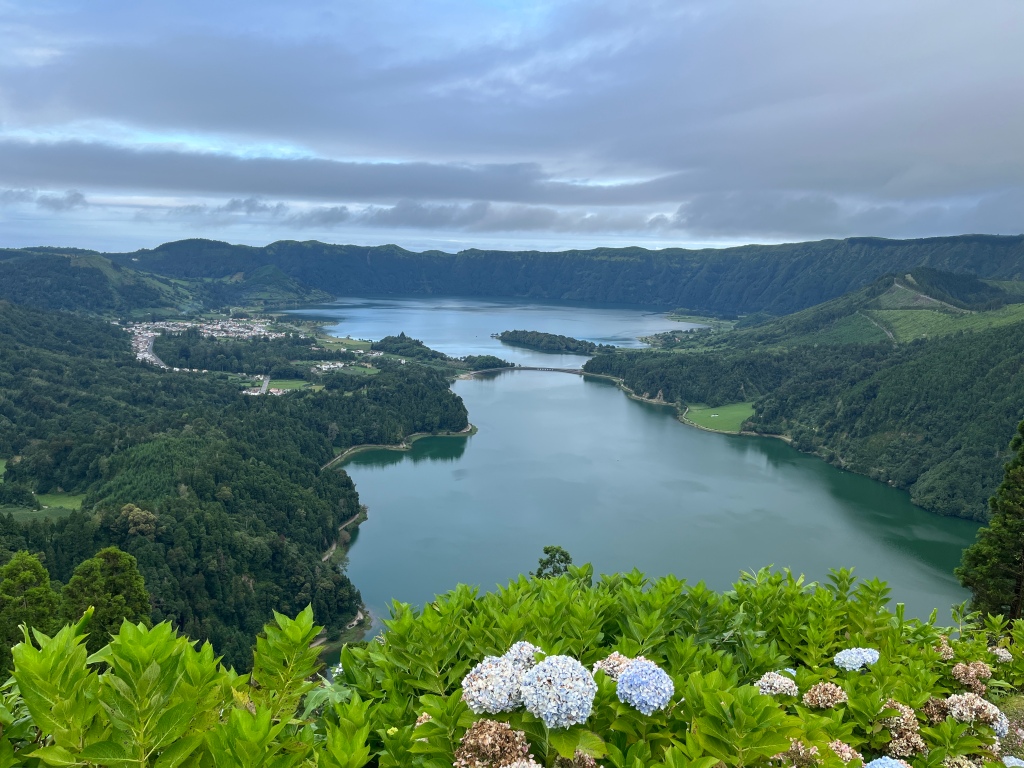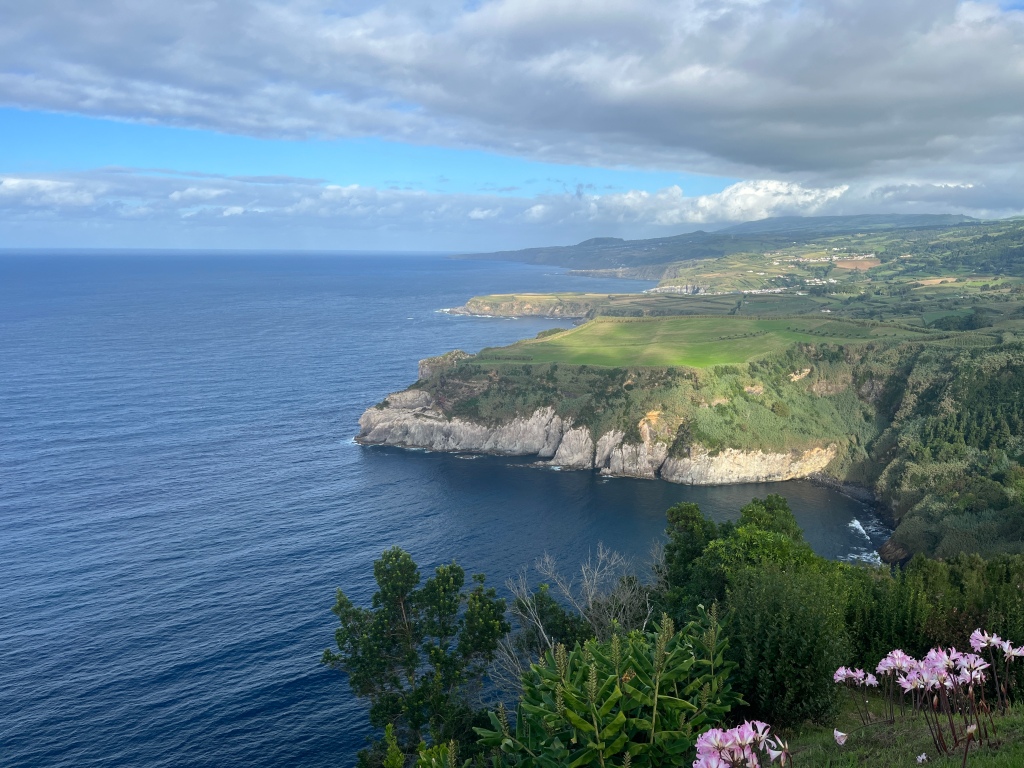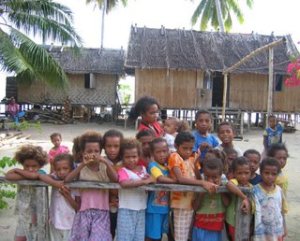My Year in Writing 2023
December 6, 2023
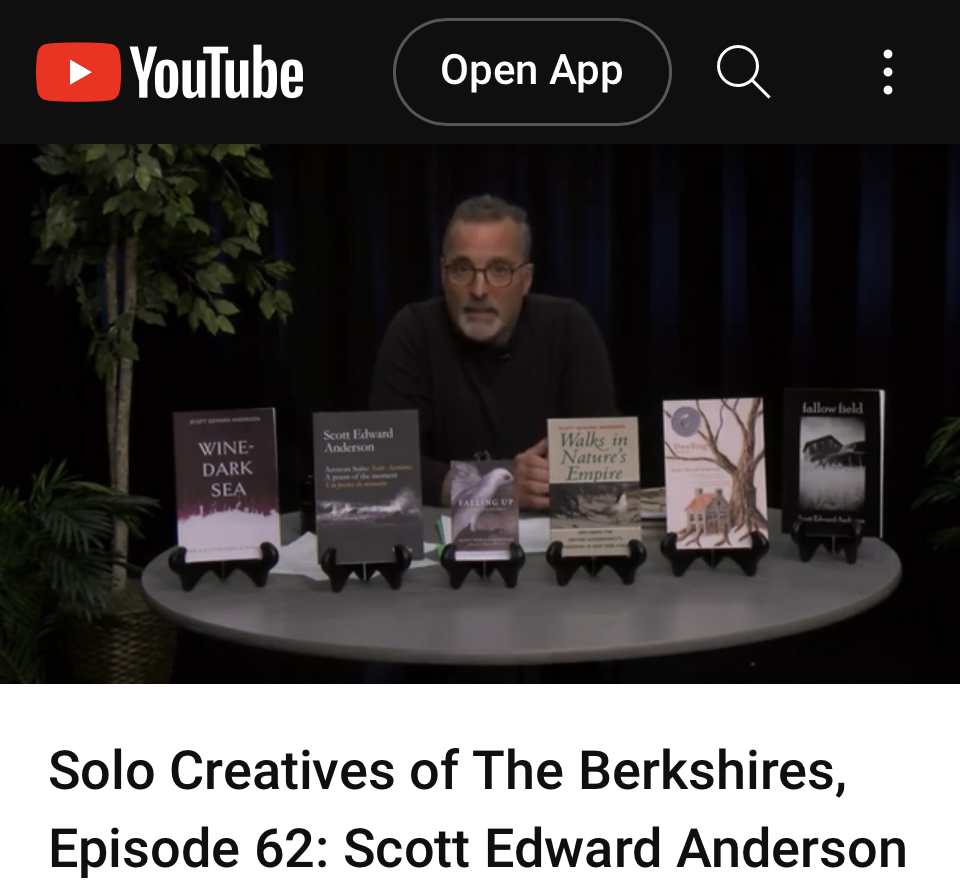
Now is the time, between my birthday and the end of the year, when I take stock of my year in writing. This year, which culminated my sixtieth trip around the Sun, has been a pretty productive year.
Here are some of the highlights:
Barzakh Magazine accepts essay, “Açorianidade & the Radiance of Sensibility” just after Xmas! (Published in January)
Reading of Berkshire Writers in Housatonic; read the first chapter of Falling Up. (January)
Guest writer @ Margarida Vale de Gato’s Eco-poetics Masters Class, Universidade de Lisboa via Zoom (January)
Alfred Lewis Bilingual Reading Series, FresnoState PBBI(part of the PBBI-FLAD lecture series 2023), Co-curators: Diniz Borges and RoseAngelina Baptista; Poets: Alberto Pereira, Sam Pereira, PaulA Neves, Scott Edward Anderson, and RoseAngelina Baptista (February)
Guest lecturer, Universidade de Lisboa, Professora Margarida Vale de Gatos’ class on American Literature in person. (March)
Guest speaker, Universidade dos Açores, Ponta Delgada, Professora Ana Cristina Gil’s class, in person. (March)
My essay, “STUDIO LOG: THE TOM TOM CLUB’S “GENIUS OF LOVE,” A MEMOIR AND EXPOSITION IN 18 TRACKS,” lost in the 2nd Round of the Marchxness battle of “One Hit Wonders” to Adam O. Davis’ essay on “In a Big Country” by Big Country. (March)
Installation of my poem. “River of Stars,” on Poetry Path at Ryan Observatory at Muddy Run, and presentation with Michele Beyer (a teacher inspired by my conversation with Derek Pitts in November 2022) to write poetry with her class. (April)
Interview by Francisco Cota Fagundes published in Gávea-Brown: A Bilingual Journal of Portuguese-American Letters and Studies, XLVII, as part of a special issue devoted to Celebrating Portuguese Diaspora Literature in North America. (Spring)
Guest lecturer, University of California at Santa Barbara, Portuguese literature class, Professor André Corrêa de Sá. (June)
“Love & Patience on Mt. Pico” (essay) published in The Write Launch (July)
“Through the Gates of My Ancestral Island” (essay) published in Panorama: The Journal of Travel, Place, and Nature (July)
“Orpheu Ascending,” a review of Orpheu Literary Quarterly, volumes 1 and 2, translated from the Portuguese by David Swartz, published in Pessoa Plural—A Journal of Fernando Pessoa Studies, Issue 23 (July)
Seeing—Reading—Writing: Transforming Our Relationship to Language and Nature: A Workshop with Ryan Shea and Scott Edward Anderson at The Nature Institute, Ghent, NY (July)
Creative nonfiction mentor, Adroit Journal Summer Mentorship Program, mentored two students. (July)
“Birds in the Hand: The Berkshire Bird Observatory’s Impassioned Ben Nickley” (article) in Berkshire Magazine. (July)
Poetry booth, “Zucchrostic poems,” at West Stockbridge, MA, Zucchini Festival (August)
Two poems in Into the Azorean Sea: A Bilingual Anthology of Azorean Poetry, translated and organized by Diniz Borges, published by Letras Lavadas in São Miguel and Bruma Publications, Fresno State. (August)
Meet & Greet at The Book Loft in Great Barrington, MA. (Sept)
“Berkshire Brain Gain” (article) published in Berkshire Magazine (Sept)
Dedication of Binocular telescope at Ryan Observatory at Muddy Run and poems by Ada Limón and Gabe Catherman installed on Poetry Path. (October)
Visited Praia da Vitória on Terceira Island, Azores, birthplace and boyhood home of Vitorino Nemésio. (October)
Participated in Arquipélago de Escritores in Angra on Terceira Island. (October)
Met António Manuel Melo Sousa in Ponta Delgada with Pedro Almeida Maia (see related entry below) (October)
Guest lecturer, Fresno State, Professor Diniz Borges’ class on Azorean Literature, presented “Becoming Azorean American: A Diasporic Journey,” (lecture). (October)
“António Melo Sousa, Letras de canções e outros rascunhos – uma apreciação” (review) published in Grotta: Arquipélago de Escritores, #6. (November)
Recorded an episode of “Solo Creatives of the Berkshires” for CTSB-TV, Community Television for the Southern Berkshires, presenting and reading from several of my books. (November)
“Get ‘Hygge’ With It: Cozy Spots and Comfort Food in the Berkshires” (article) published in Berkshire Magazine. (December)
“Seeking My Roots Through a Painter’s Eyes” (essay) published in Revista Islenha, Issue 73, in Madeira, Portugal. (December)
Habitar: um ecopoema, Margarida Vale de Gato’s translation of my book, Dwelling: an ecopoem, gets mention in Paula Perfeito’s Entre-Vistas blog. (27 December)
What a year! I am exceedingly grateful to everyone who has supported my writing over the past year. As Walter Lowenfels wrote, “One reader is a miracle; two, a mass movement.”
Like I said last year, I feel like I’ve been blessed by a mass miracle this year!
Discover the Power of Deep Attention: Seven Reasons to Join the Azores Writing Retreat with Scott Edward Anderson
July 7, 2023
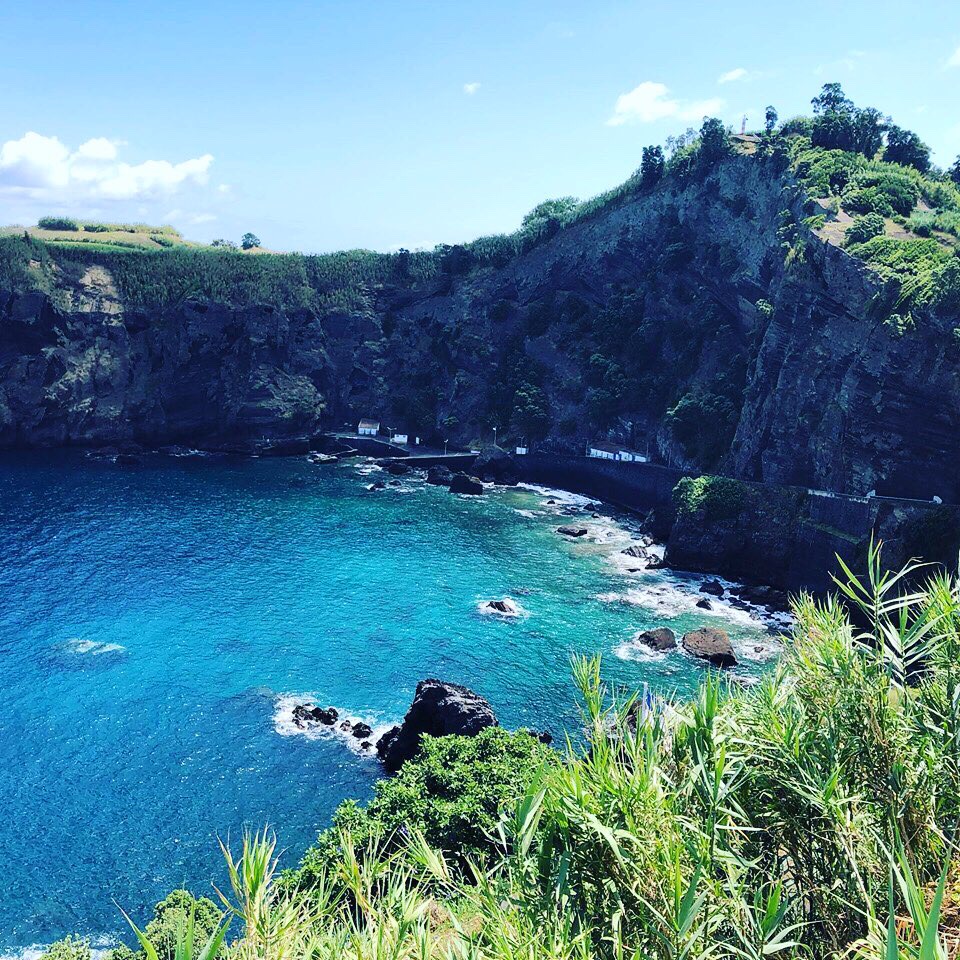
Are you a writer seeking to delve into the depths of your creative well? Are you a would-be writer who has always wanted to write, but could never find the time or discipline? Do you long to cultivate a focused, immersive writing practice that transcends distractions and unlocks your true potential?
If so, we invite you to embark on a life-changing journey to the breathtaking Azores archipelago for a Deep Attention Writing Retreat with the esteemed author Scott Edward Anderson. From 13-18 October 2023, get ready to immerse yourself in an oasis of inspiration, surrounded by stunning natural beauty and the nurturing guidance of an expert wordsmith.
Here are seven reasons why attending this retreat could be the turning point in your writing journey:
1. Unleash Your Creative Potential: Scott Edward Anderson, an award-winning poet, memoirist, and essayist, is renowned for his ability to coax out the hidden depths of creativity within writers and would-be writers alike. Through his extensive experience and compassionate mentorship, he will help you tap into your unique voice and express your ideas with profound clarity and emotional resonance.
2. Deep Attention Practice: In an age of constant distractions, cultivating deep attention has become a superpower. This retreat is designed to help you reclaim your focus and immerse yourself in the present moment, where creativity flourishes. Through mindfulness exercises and specially curated nature-based interactive sessions, you will learn how to quiet the noise of the world and give undivided attention to your craft.
3. Inspiring Natural Surroundings: Nestled in the stunning Azores archipelago, this retreat on São Miguel Island offers an idyllic setting for creative exploration. Picture yourself surrounded by lush green landscapes, breathtaking ocean views, and the soothing sounds of nature. The serene ambiance of the Azores will inspire and invigorate your writing, providing the perfect backdrop for introspection and inspiration.
4. Intimate and Supportive Community: Connecting with fellow travelers who share your passion can be a transformative experience. The retreat fosters a warm and nurturing community, allowing you to engage in meaningful discussions, exchange ideas, and form lasting connections. The power of collective creativity and support will propel you forward on your writing journey long after the retreat ends.
5. Expert Guidance and Mentorship: Scott Edward Anderson’s wealth of knowledge and expertise will guide you through the intricacies of his Deep Attention writing practice. He will share invaluable insights into the craft and practice of writing and evoking deep emotions through language. His mentorship will help you grow as a writer and expand your creative boundaries, as it has for others like M. Chun, who says that Anderson “continuously expressed an encouraging and supportive approach toward my creative work, and I easily felt comfortable and confident sharing my ideas with him…[he] kindled my brainstorming process by recommending similar pieces and writers, and he also helped me pinpoint themes…from my initially unstructured ideas.”.
6. Reflection and Self-Discovery: Writing is not just about words on a page; it is a profound act of self-discovery. During the retreat, you will have ample time for introspection, allowing you to explore your inner landscape, uncover new perspectives, and deepen your understanding of yourself and your craft. This transformative journey will leave you with a newfound sense of purpose and direction in your writing.
7. Cultural Immersion: The Azores, with its rich cultural heritage and vibrant traditions, offers a unique opportunity for cultural immersion. From exploring local cuisine to engaging with the island’s history and culture, you’ll gain fresh insights that can enrich your writing. The vibrant tapestry of Azorean life will infuse your work with a sense of place and authenticity.
Spaces for this exclusive retreat are limited, so seize the opportunity to embark on a transformative journey of creative exploration. Escape the distractions of daily life, immerse yourself in the Azores’ natural beauty, and let Scott Edward Anderson’s guidance and mentorship unlock the full potential of your writing. Join us on this profound adventure and discover the transformative power of Deep Attention. Register today: Azores Deep Attention Writing Retreat
If you’ve ever dreamed of exploring the art of writing on an enchanted island, this is your opportunity! Join me for this unique writing retreat in the Azores, Portugal — the “Hawaii of Europe.”
We’ll spend five days on magical São Miguel, one of the nine islands of the Azorean archipelago, “an otherworldly paradise for nature lovers and outdoor adventurers,” as described by Travel & Leisure. We’ll Immerse ourselves in the luxury of one of the island’s most elegant hotels, situated on an 18th century orchard estate, famous among islanders for blending tradition and nature. We’ll savor the cuisine of the island, which fuses farm-to-table and ocean-caught freshness with gourmet takes on traditional Portuguese recipes. And we’ll explore some of the natural wonders of the island, including the hot springs of Furnas, the beauty of the twin volcano lakes at Sete Cidades, and forest bathing in Pinhal da Paz (the pine grove of peace).
During this retreat, you’ll have ample time to write. After a delicious Azorean breakfast, I’ll lead a guided, intention-setting session before you set out to write on your own in the seclusion of the gardens or wherever you choose on the hotel grounds.
I’ll share my mindful approach to writing, what I call “Deep Attention,” a creative practice of looking at the world with intention and without distraction, which I first outlined in this essay. The retreat will incorporate this deep attention practice to help you tap into your creativity, gain new perspectives, and get beyond your daily, habitual obsessions and distractions.
Lunch will be served at the hotel or on guided field trips. After the afternoon field trip, you’ll have an opportunity for another writing session or free time to relax, use the spa, pool, or soak in the heated plunge pool in the pineapple greenhouse. After dinner, you’ll have an opportunity to share your work or reflect upon your experiences.
I’ve designed this retreat to show you some of the best my ancestral island has to offer, and I’ve hand-picked the hotel, restaurants, excursions, and experiences to ensure you will be inspired to write in a relaxed, mindful, and encouraging environment.
Early Bird Discount ends on June 15th, so sign up today!
Find out more: https://www.scottedwardanderson.com/azores-retreat
On Being a Tourist: My Poem “Village, Batanta Island”
January 19, 2013
There’s a difference between experiencing the world as a tourist and a traveler.
In my work with organizations like The Nature Conservancy and Ashoka, I’ve had occasion to do both and to notice the differences.
As a traveler, you become part of the landscape, access the culture in a way that changes your own perspective on the world, and if you can’t quite become native to the place, you at least get to know real people and have deeper experiences.
As a tourist, you are more an observer and your experiences are from outside rather than within. It feels more superficial and distant, like you are collecting experience rather than living it, if that makes sense.
A donor trip to Indonesia in February 2005 was more of a tourist experience than other trips I’d taken where I stayed with locals and worked with colleagues and partners on strategy over longer periods of time.
Not to say that traveling as a tourist isn’t valid. Sometimes you can observe things more clearly as an outsider rather than as an insider living in a place. During this particular donor trip, I wrote a poem about a visit to a small island in the Raja Ampat region of far eastern part of the country.
The poem appeared in OCHO #24, which was edited by Collin Kelly and included poets who were active on Twitter (you can find me there @greenskeptic).
Writing about poetry and technology in The Best American Poetry Blog, poet Julie Bloemeke, writes, “In ‘Village, Batanta Island,’ Scott Edward Anderson creates a world where children interact because they can see themselves in a digital camera.”
I’m not sure how often tourists visited that island or how frequently its children interacted with the likes of us. The exchange we had was genuine and fun, but like the picture I took in the moment (see above), there was definitely a fence between us, both real and imaginary.
Here is my poem, “Village, Batanta Island”:
To the young girl staring at me,
in a village on the island
of Batanta, I have an amusing,
open face; my big eyes,
skin paler than her experience.
I catch her looking at me.
She turns, giggles, whispers
to her friend. Funny gringo
in Ex Officio.
About twenty, twenty-five kids,
crowd around us; all under the age
of ten, most under five.
They pose for pictures
with our digital cameras.
Their scrubbed faces and hand-washed
clothes make neat subjects.
They giggle at the pictures
captured on the viewing screens;
tuck in a stray hair or shirt,
teasing each other.
A long, driftwood fence
lines each side of the one path
through the village. Whitewashed
church, houses with careful,
ornate carvings on the facades.
Neat rows of houses with neat
rows of cassava planted out back,
mango trees and papaya; sand
as white as those houses.
The villagers eat fresh-caught fish
from the sea behind their houses.
One of the men says they must now
go further out each day to find a good catch.
How many people can such a village
support before reaching its limit?
One of my companions,
a businessman from Jakarta,
quickly answers, “One thousand.”
–One thousand. What happens then?
He does not answer; I too am silenced.
Now he turns to the children,
speaks in bahasa Indonesian,
steadies to take another picture.
Ten yards away,
by a thatch-roofed house,
stands another girl,
not more than sixteen,
laundry tub at her hip:
already she is pregnant.
–Scott Edward Anderson, OCHO #24
Sirens Rising, Capri and Norman Douglas’s “South Wind”
July 14, 2010
August 2, 1990. I’m on a boat heading from Naples to Capri. We’ve just learned that Iraq has invaded Kuwait and the United States will likely declare war on Iraq. The world will soon be changing.
I’ve just had an article published in the Naples daily newspaper, Il Mattino, and have been praised and regaled by all sorts of Napolitanos about it. (It seems everyone reads the papers here!) Similar treatment awaits me on Capri, the home island of my friend Francesco Durante (now editor of Corriere del Mezzogiorno).
On the trip, I’m reading SOUTH WIND, a 1917 novel set on Capri (Nepenthe in the book) by Norman Douglas. (The Bishop of Bampopo is a central character.)
Capri is an intoxicating place, I can see why writers flocked there or settled there over much of the last century: Shirley Hazzard, Graham Greene, Norman Douglas, among many others.
The heady combination of my local celebrity, limoncello, the scirocco (the south wind itself), and the island’s many delights, inspired me to write my poem “Siren’s Rising,” which was published in the journal SLANT nine years later, and then translated into the Italian by Francesco Durante for Almanacco Caprese. Here is the poem:
Sirens Rising
Isla Capri, Italia
“O wretched man that I am! Who shall deliver me from the body of this death?” Romans, 7:24
I.
Like Tiberius I’m torn
between the flesh & its blood.
Like him, too, I’m of this island’s
dark side facing the sea.
You can languish here, succumb
to the madness this island provokes,
or you can flee, denying
your venereal appetite.
Night after night, I give in
to the relentless lure of Pan.
The raucous Neapolitan song
calls to me, instructing my lust,
filling my ears with its chaos.
I am full of life, full of limoncello;
blood hurries through my veins,
as if it had some destination–
beyond circulation.
I chase the Roman beauties:
sloe-eyed enchantresses
with slate-black hair and aquiline noses
and arched brows of la seduttrice.
Their spry and conclusive limbs
stretch from capricious figures
–they are entanglers.
I may as well be on all fours,
as I creep from taverna to piazzetta.
Together, we fall to my bed,
oozing sweat: couple, come away,
con amorosa cura.
We are sargassum
drifting in a pelagic daze.
In the wretched heat,
the moon is as still and cold
as a marble floor.
II.
Sister Serafina,
the unassuming saint of this island,
once induced the prince of darkness
into an adoration of the Savior.
With me, her task is doubly difficult, I’m afraid.
She tries to inveigle me to the Grotta Azzurra
–that knife-wound across the ribs
of Capri’s beguiling torso–
for she knows the blue grotto yields up
not the bagno where Tiberius
cooled his erotic fires,
nor the relentless lust of legend,
but the Madonna’s bluest robes
–the color of sanctity.
It’s too late.
I’ve already gone over the edge,
like the Bishop of Bampopo,
I turn a chaste eye to murder
and drink the sweat of my lovers
in an evaporating recline.
“How shall that come out of man
which was never in him?” the Bishop proffered.
I defile the flowers of Capri,
and search for the power of wild beasts,
deep within the grottoes, dank with sea-wrack.
The dizzy swirl of heaving breath echoes
from every corner of the cyanic cavern.
“Sono io, sono io,” they claim.
“Sono io!”
The Sirens respond to the cry:
“We will succor your willfulness.”
“We will cater to your whim–”
Once again I go to them,
into the depths of an endless night.
They lure me with their dancing
as exquisite as their song
–daughters of Terpsichore!
III.
Within sight of Vesuvius,
I follow the trail of obscure desire,
rounding the mealy stone groin
of Arco Naturale. I grow fins,
am lost.
Atop the Salto di Tiberio
and his Villa Jovis,
Tiberius revels in my plight.
He is the dragon of Capri,
whose fiery breath still infects the island.
I see, as if for the first time,
the island’s bone-white prominence,
rising above the loam-dark sea.
Grey-pink tufa crags, white limestone,
tender mauve reflexes
upthrusted in pulpy stillness.
And I am born of salt
scorched from the sea’s clutch;
the scirocco dashes the island
with its dry spite.
Born of desire,
I return to desire–
The heat
renders my body viscous,
my skin a rubbery porpoise-armor.
I leap from the sea
to plunge to its depths;
the Sirens guide me down
like pilot fish.
I am blessed by their bodies’ charms,
their sea-feathers slicked back
by my expert tongue, their breasts
rouged the color of pomegranates
from my rough beard.
“Possess these shores,” they whisper.
It’s more likely they’ll possess me
the Sirens,
in their pagan trinity:
Persuader, Brightface, Bewitcher.
IV.
The piazza is a droning blur
at this hour.
The handsome waiters are busy trafficking
caponata and spaghettini alla puttanesca.
Women are smoothing their dresses and reapplying
lipstick and rouge, between sips
of dry gin with lemons.
The brackish aroma of homemade wines
and barrels of oil-cured olives,
mingles with the tourists’ perfume,
which trickles down their salty cleavage
–intoxicating mist!
I am seated, most nights,
at the table nearest the bar.
It’s the closest thing
I’ve had to home.
This place for a brief time mine.
Leviathan among the Siren victors
–my life, their spoil.
(For Francesco Durante & Alessandra Carolla)
–Scott Edward Anderson, SLANT, Spring 1999
